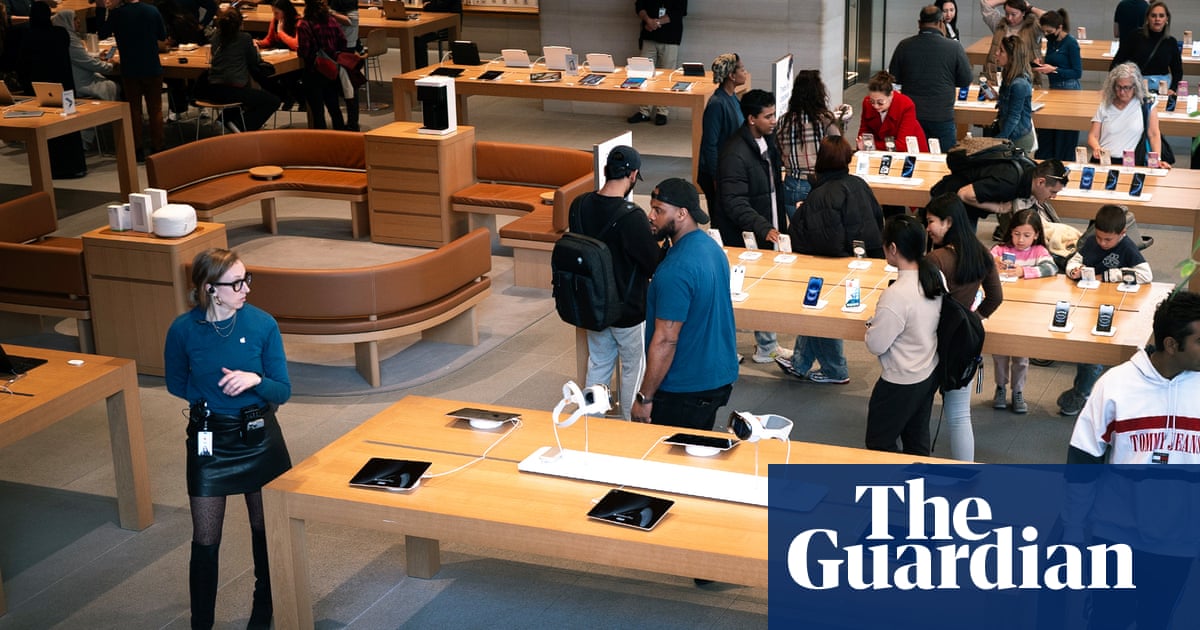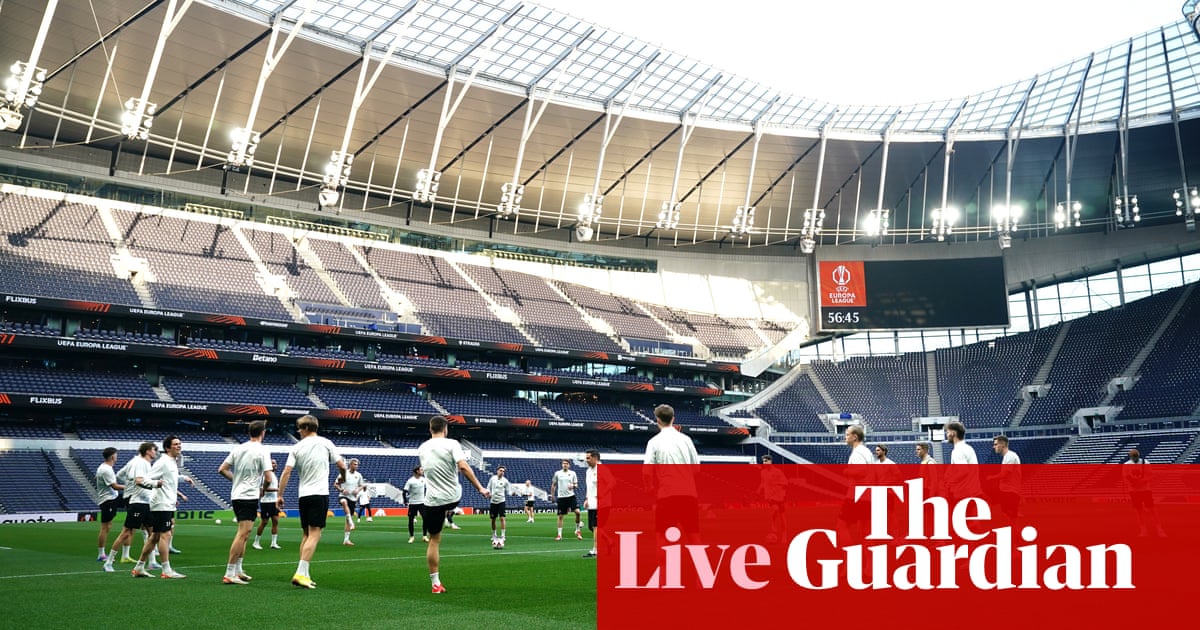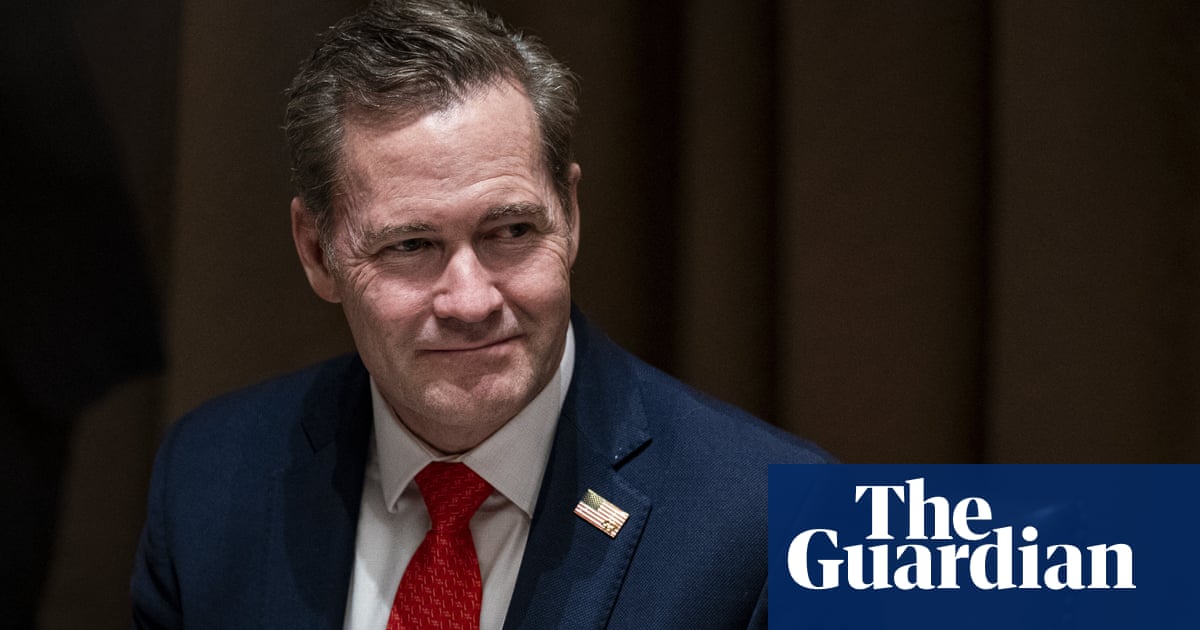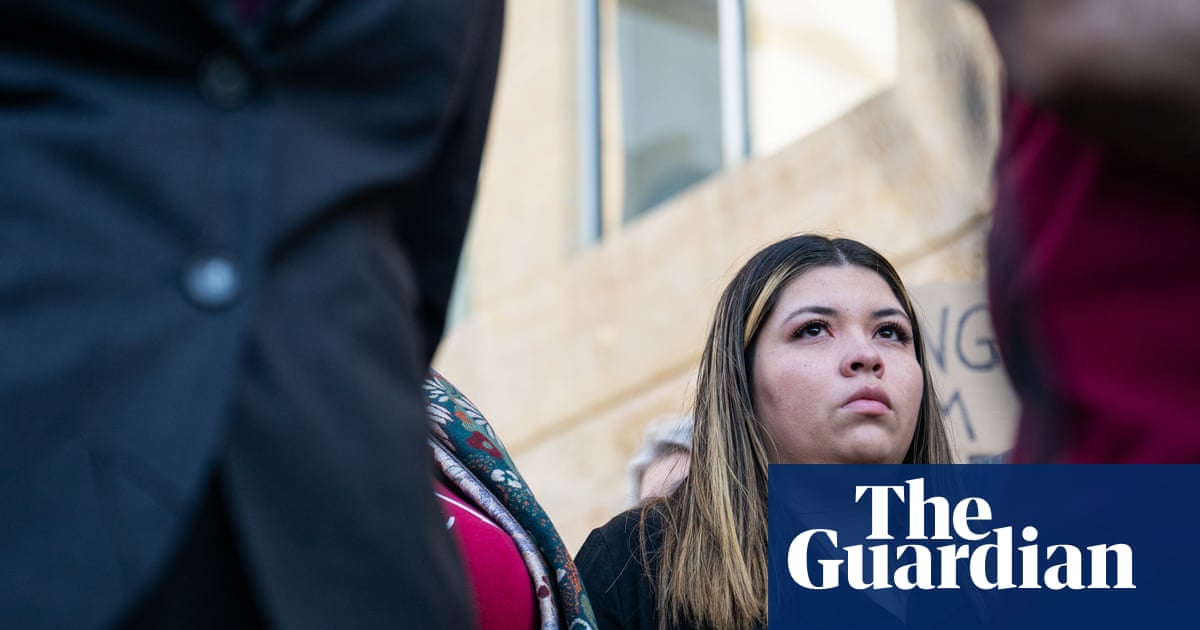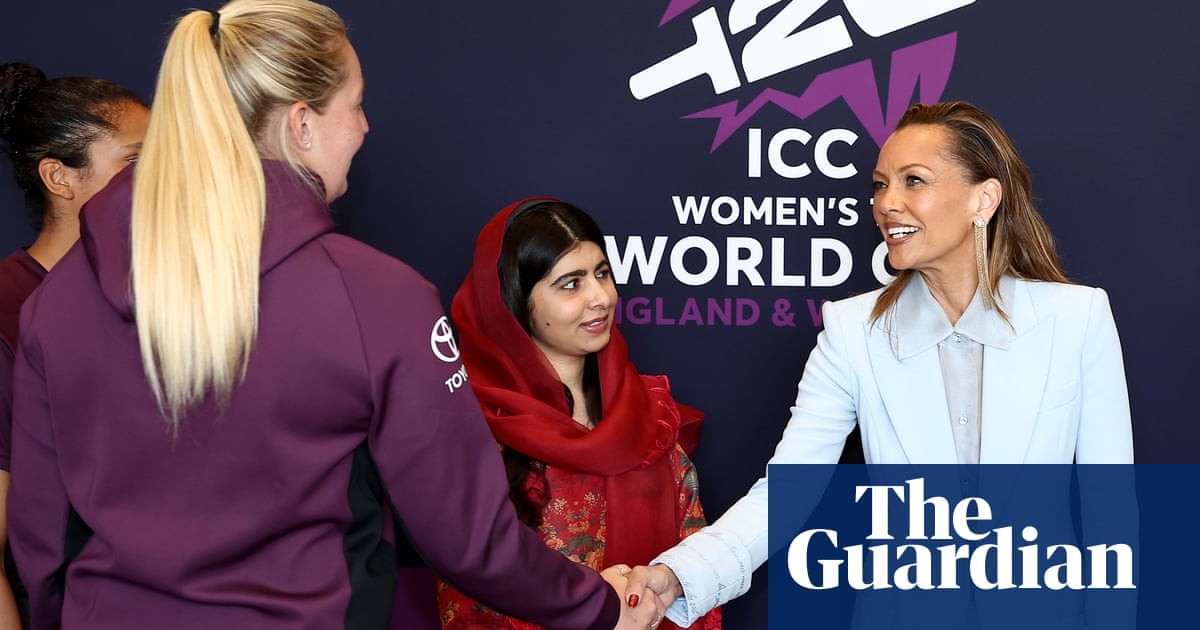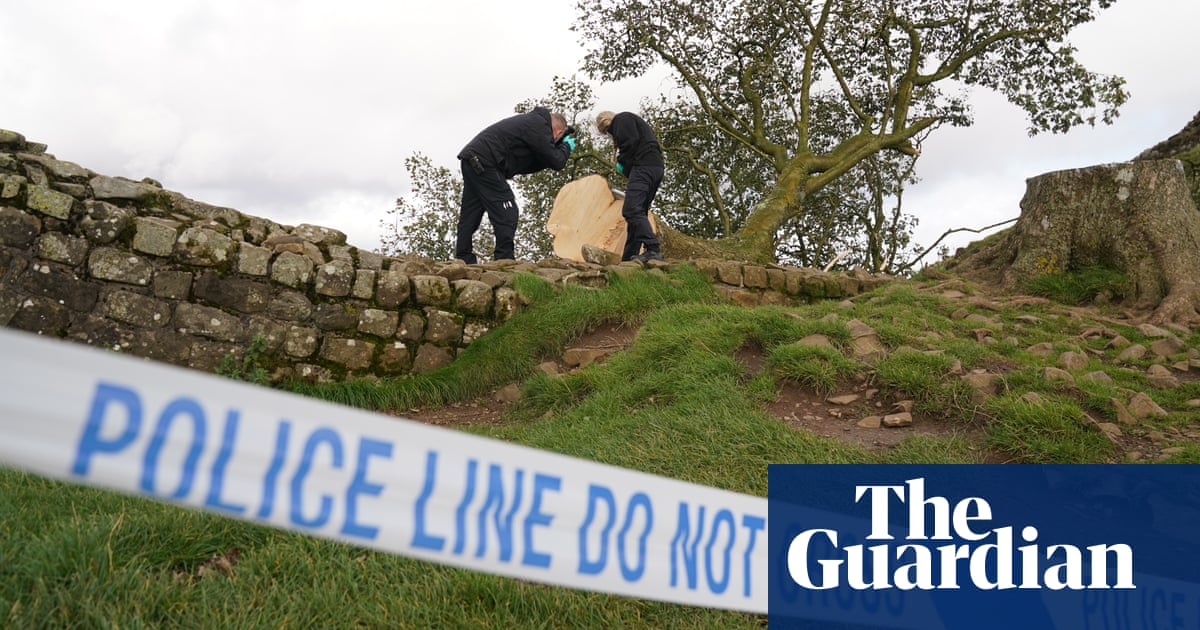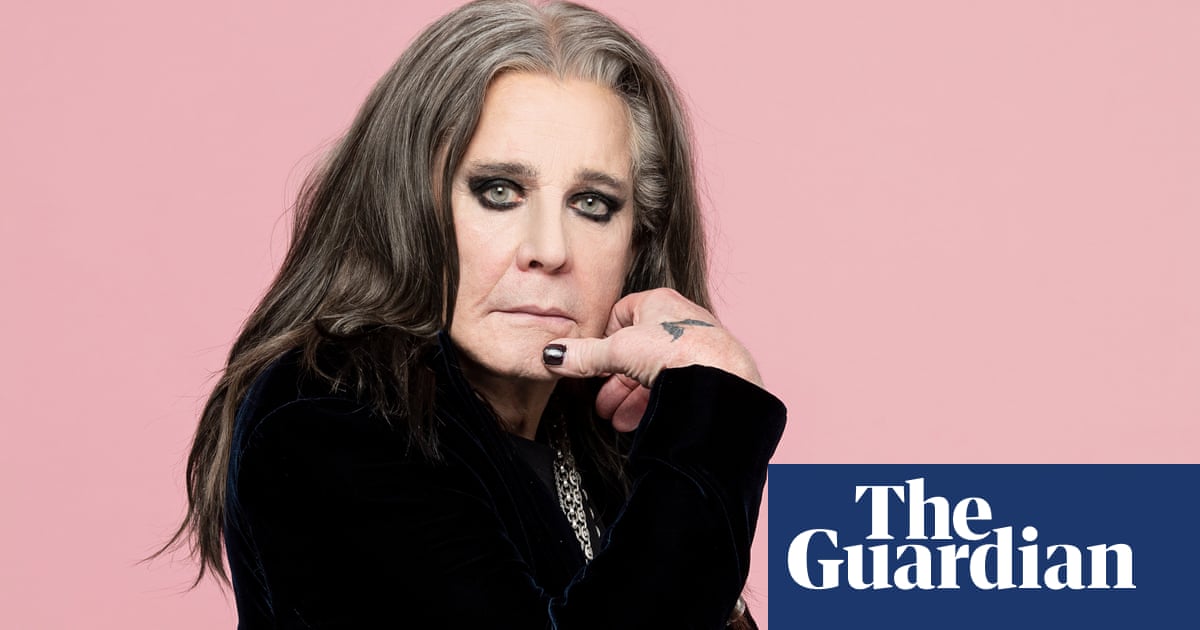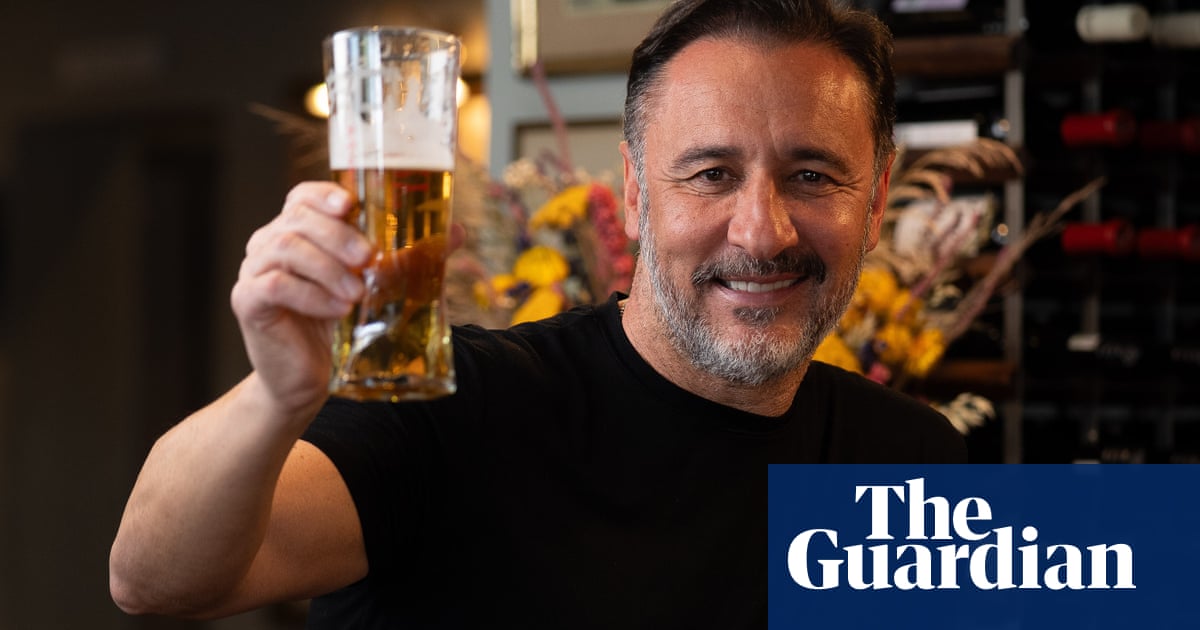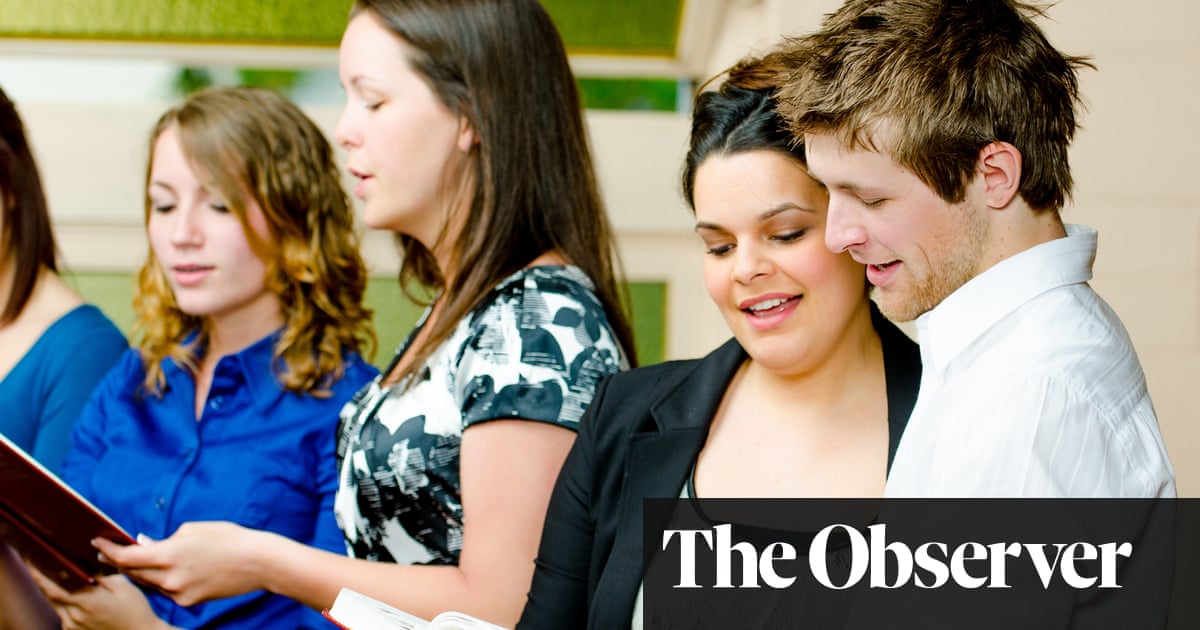A few months ago, I was at a bar and hoped I might be making a new friend. We were sitting next to each other in a booth with a bunch of people. In response to my questions she told me interesting anecdotes about growing up, her job, her husband. After she’d been talking for about twenty minutes, I began to get an unpleasant, familiar feeling: I bet if I stop asking her questions, she won’t ask me any.
Sure enough, she wrapped up one answer, then looked at me expectantly, like a dog waiting for a treat. Oh hell no, I thought. No way. I turned to the person next to me, a friend. “She’s a non-asker,” I said. “I’m done.”
My friend shook his head. “Non-askers,” he said. “The worst.” I talked to him for the rest of the evening and ignored the non-asker – though, I want to point out, she had ignored me first.
My friends and I got the term “non-asker” from my friend Scott, who got it from his friend Carol, who is in her 50s, lives in New York, and coined this term to describe men she was going on dates with about ten years ago. These men were real champs about holding forth on their own lives, “But when the time came to ask questions about me, there was just silence,” said Carol. “They just wanted someone to ask them questions and listen, I guess?”
I looked up non-askers and didn’t see this term in explicitly use. There was a discourse about askers v guessers, but it was more about a more openly inquiry-focused conversation style, as opposed to what I saw as a blatant lack of wanting to know things about other people.
So I wrote a Substack post about the frustration I – and many of my friends and acquaintances – felt in finding out things about people who did not return the favor. It was popular.
“I have experienced this SO MANY times,” said Kate Whebel, a reader. “For a while I thought that attracted this kind of person, but it appears that they are all over.”
Many of the commenters were heterosexual women dating men. Christine, 57, said most of the men she chats with display their non-asker qualities early, right there in the apps, and she won’t go out with them, “which greatly limits the number of dates I go on”. Sarah, 43, said she’s been on so many dates with non-askers that they all blur together. Sophie, 30: “One time I went on a date with a man who spent the whole time talking about this script he was writing, and I kind of just sat there waiting to see if he would ask me anything, but he didn’t.” Rainy, 25, told me: “One of my friends was dating this guy, and she waited for weeks for him to ask her one question, and when he finally did, it was ‘Do you play pickleball?’ And when she said no, he ended it.”
In her 1990 book You Just Don’t Understand, linguist Deborah Tannen wrote about the differences between how men and women view conversation: women view it as a way to connect (so they ask more questions), and men, as a performance (so they make more statements).
But the residents of Non-Asker Nation are not exclusively straight men. There was my booth acquaintance. Also my friend Lisa, 30, dated a woman who was “too twee to ask questions”, like curiosity was too cliched to bother with. Vino, 48, a gay man, dated “a forensic psychologist who asked no questions – I was like, isn’t this kinda your job”? One Substack commenter said: “I’m a middle-aged male who is dating and I can tell you that there are plenty of female non-askers out there.” This is my experience, as a non-dater of women, but someone who talks to them.
There is a lot of talk about how we live in the age of selfishness, and “young people and their phones”, and general griping that I consider myself a bit above it all because that always points the finger away from the self. And yet. I do wonder if we are in a non-asking epidemic, because I don’t recall social interactions ten or so years ago as such curiosity deserts.
I was proud at being so discerning when Adi Dina, an LMSW in psychoanalytic training at New York’s Pulsion: the International Institute of Psychoanalysis and Psychoanalytic Psychosomatics, told me that senior analysts in her program reported seeing more and more patients they would call disaffected. “There’s a hyperfixation on the concrete day to day, as opposed to an investment in one’s inner world. It’s hard to ask questions of other people if you’re not asking them of yourself,” she said.
People who don’t ask questions and aren’t curious in general, Dina said, tend to come in and talk about what they did during the day. But there’s not a lot of bridging between their inner world and concrete reality, like asking themselves what the relationship is between what they want and what they do, or what their fantasies mean about who they are. Her task as an analyst is to start looking at the possible barriers to self-reflection. Some are specific to the person, but Dina acknowledged there’s something particular to this era: “People are being increasingly told to rely on themselves. There’s certainly a current of rising individualism. And this is going to result in cutting off other people, an inability to recognize them.”
I believe non-askers are a thing, and kind of a problem, and certainly a bummer. That said, asking questions is not inherently virtuous. Sometimes people are just hammering away, and I feel like they are trying to trip me up, or measuring me against their standards.
“One could glibly say that curiosity is good, and incuriosity is bad, and that’s not a terrible way to think about it,” said Abby Kluchin, co-host of the psychoanalysis podcast Ordinary Unhappiness, and assistant professor of philosophy and religious studies at Ursinus College. “At the same time, curiosity isn’t always motivated by pure interest. People don’t only ask you questions out of the goodness of their heart – they can do it to get things from you, or to deflect interest from themselves.”
Her co-host, Patrick Blanchfield, who teaches classes on psychoanalytic theory at Brooklyn Institute for Social Research, agreed. Just think about pickup artists, journalists and CIA recruiters. “The act of asking questions is not just a way of showing curiosity – it can be a way to assert power over someone.”
Blanchfield pointed out that many people are brought up by people – addicts or narcissists, for example – who teach them that they cannot trust askers, and that their tendency to ask questions is rooted not in curiosity so much as a desire to put the attention elsewhere. It “can be a great way for people to keep themselves safe”, he said.
after newsletter promotion
But I honestly wouldn’t care if someone were asking me questions for the wrong reasons, as long as they were asking me questions. Does that make me some kind of attention-seeking monster? “Why do you think it upsets you so much when someone doesn’t want to give you the opportunity to talk about yourself ?” asked Tom, 54. Which was fair but also felt a little accusatory. Upon reflection, though, I think it feels bad to be driving a conversation and never get to provide any of the scenery. According to Dina, being non-asked “can feel as if the person is acting as if you don’t exist”.
Some people I know have actually confronted non-askers. Scott (who introduced me to Carol, the “non-asker” coiner) has actually said to a couple of them: “We’ve been talking for half an hour and you haven’t asked me a single question. I’m going to explain to you how a conversation works.” One of them just abandoned their interaction, but another did seem to take it to heart. “He seemed genuinely surprised and concerned,” Scott recalled.
Carol asked one former colleague “How are you?” every day, and he would answer but not ask her. She finally asked him what the deal was. He thought that once he answered, the question back was implied. “But now he always asks me, which is nice.”
Andy, 60, was confronted by a very close friend for being a non-asker and found it “hugely embarrassing”. He thought about why he had shared so much with this person, a friend he really valued, while not asking her to reciprocate. His reason surprised me, since I have been inclined to think the worst of non-askers: he was intimidated, and felt that asking personal questions would be prying. “I guess I thought if she wanted to share, she would have.”
The question might have been awkward, but he felt she’d given him a huge gift: “She died a few years later, and I am so glad that I really, truly got to know her.”
Do I think that asking questions is important? Yes. Do I wish that people would ask me more questions? Yes. Am I going to cultivate a lot of deep relationships with non-askers? Unlikely. However, I found myself developing some unexpected sympathy for the non-asker. Being a curious person, I wondered about alternative ways people might display curiosity.
Some non-askers light up and become more collaborative conversationalists when there is less pressure to talk. One friend’s husband has never asked me a single goddamn question. But we went to the store to find an obscure ingredient, and ended up discussing what we ate growing up. Because we were busy doing something else, our observations and comments were able to bounce off and build upon themselves: a shared experience without a more formal back and forth. I also think of the way that during a game night or craft night, participants can talk without necessarily following a thread; they also have physical objects to focus on, or goals to achieve together. Questions can equate to pressure, and we all have quite enough of that at the moment.
Katy Cotterell, an art psychotherapist in south London, said that while there’s a good deal of talk about children facing delays or difficulties with social skills since the pandemic, adults are also struggling with human connection. The pandemic has left people with lingering feelings of isolation. And with rising prices, less healthcare and many people working long hours or multiple jobs, more time is devoted to meeting basic needs and less to creating or maintaining social bonds. “When people are under too much pressure or stress, their defenses go up, and this makes curiosity a challenge,” she said. “Anxiety can easily look like egocentrism.”
She added that surveillance is rampant, human rights and the arts are under attack, and public shamings on social media happen every day. People may feel rigid, closed and ill-disposed towards opening up or asking others to do the same. Her sense is that most people do want to be known, seen and understood, but within certain conditions. “People want to feel they have been chosen to share, not forced, and that when they ask others to share, they do not feel forced or intruded on.”
I 100% get that circumstances may change how people interact. I went through a breakup of a long relationship last year and during that period I was more of a talker than an asker at times, because I was so emotionally unstable and therefore more selfish than usual.
That said, what about the people who really seem to go through life enjoying other people’s curiosity without displaying theirs? Do they deserve sympathy? I thought I would let Carol have the last word. “I love hearing other people’s stories. It’s part of what makes life worth living. I don’t understand people who don’t feel the same way.”
-
Sarah Miller writes for many publications, including NewYorker.com, ParisReview.com, Dirt and n+1. Her Substack is the Real Sarah Miller. She lives in Nevada City, California

 4 hours ago
3
4 hours ago
3
